Sound advice for teaching your kids about love — and keeping addiction from plaguing your family.
By Earnie Larsen
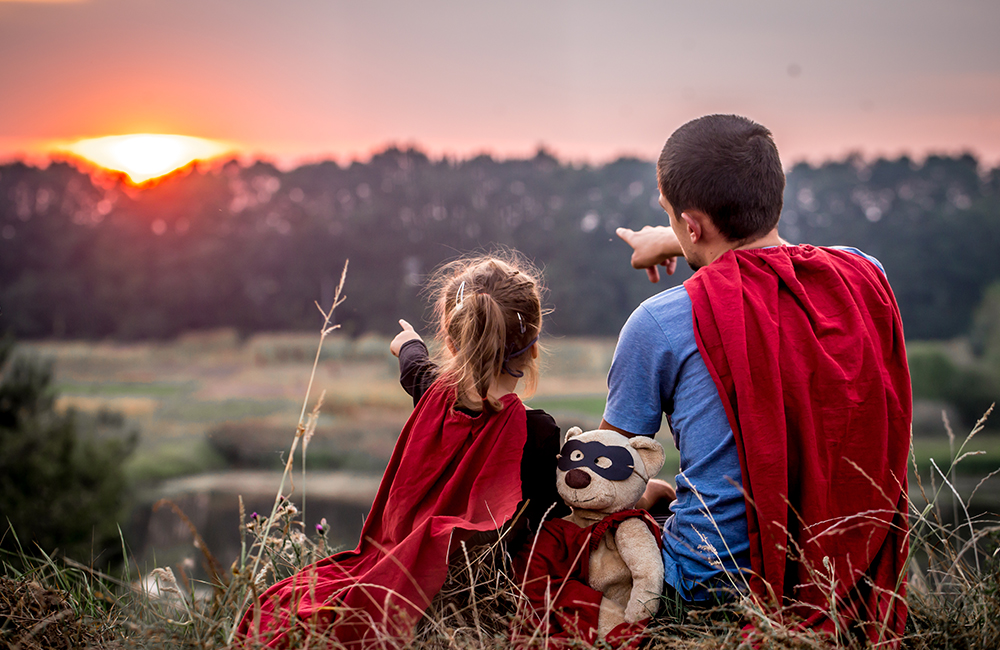
Parents who have battled addiction know how important it is to protect their children from the disease — and many have no bigger fear than their children following in those particular footsteps.
Research shows that some people do have a genetic predisposition for addiction, and not much can be done about genetics. So how does a parent build a hedge around their children?
My simple answer to that question is: Clarify what recovery brought you and then do everything in your power to make sure your children have abundant measures of that as their daily bread. Let every meal together, every conversation, every communication be lit up from within by the saving light of, “You are worthy, you are special, and I am proud of you.”
It is so much easier to build a child than heal an adult.
The best way to begin is to look back at your own journey of addiction and recovery. Think about what recovery has added to your life and what was missing before. How has your recovery changed the hole in your soul once filled by addiction? With what has your recovery filled that hole?
Whatever recovery brings to a life is what that life lacked before. The more those needs are met before a person is taken over by addiction, the less chance there is that a person will escape into the chemical of choice. It’s the truth of the old Alcoholics Anonymous (AA) saying, “Every alcoholic hopes to find God at the bottom of the bottle.”
What best protects a child from seeking God in the bottle is the same answer as one would give to the previous question: What has recovery added to your life that wasn’t there before?
Locating the Love
In more than 40 years of recovery, I have never seen anything make more difference in a recovering person’s life than finding love. “There is no spiritual side to AA; it’s all spiritual.” I’ve heard this fundamental truth about recovery frequently, and it’s true. It is all spiritual. And at the core of spirituality, at least an understanding of spirituality that is powerful enough to transform a personality, is always the growing ability to love and be loved. Strip both addiction and recovery to their core and what a person is looking at is the consequence — one glorious and the other tragic — of love and love denied. Love denied cripples. Love found supplies the foundation necessary to build a new, healthy life.
That foundation of healthy living consists of three things: trust, honesty, and service.
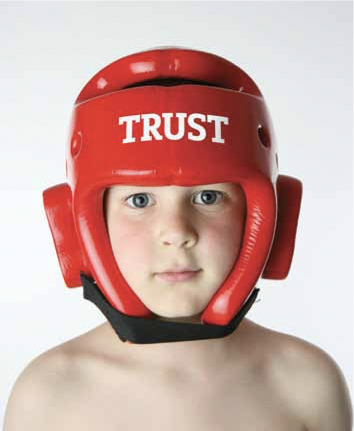
Trust
Active addiction destroys the ability to trust. A person who can’t learn to trust cannot recover. Growing the ability to trust is at the heart of staying connected to God, self, and others. Teach children to trust. Teach them to believe that there is a safety net under them, that they have people they can lean on who won’t let them fall. Children must have faith that they have adults cheering them on — people who think they are special beyond words.
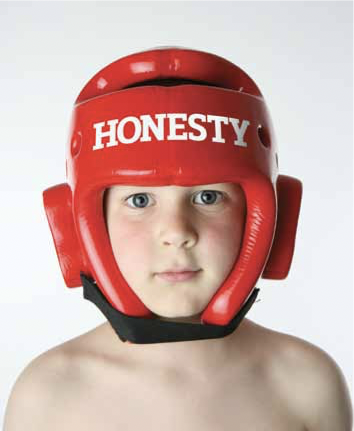
Honesty
Honesty, especially honesty with self, sits at the core of trust. Trusting a dishonest person always leads to tragedy. Recovery is all about learning to be honest with God, self, and others. Teach children to be honest. Go beyond telling them not to lie and teach them how to be honest about what they feel and think. Define honesty as taking responsibility for actions. Allow kids to be honest and encourage them to tell an adult if they feel unsafe, in trouble, or scared. Create a home where trust and honesty rule.
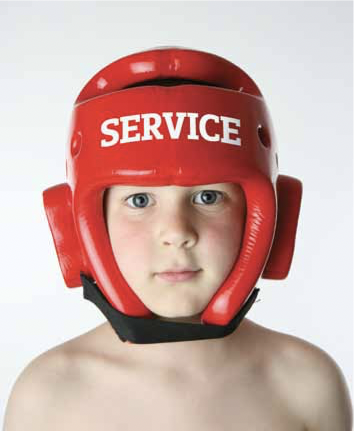
Service
Our culture is full of chances to be selfish, self-centered and ask, “What’s in it for me?” To fight those selfish tendencies, at the heart of recovery is service work. The founders of AA said, “The only way you can keep it is to give it away.” We all learned in recovery that we are responsible to reach back whenever a brother or sister reaches out a hand. Teach children the importance of giving, tell them they have something important to give, and remind them that others need the blessings they have to offer.
Service in Action
I have belonged to a recovery church for three years. Nearly all our folks are felons. All are addicts. As we say about the church, “We’re all grain and no varnish.”
One Sunday, one of our members, Michael T., interrupted services in a panic. He told me there was a teenager sitting on the back steps crying. We went and found her together. Her name was Angie. She was 21 and had been thrown out of a car by her so-called boyfriend. Angie was skin and bones, every part of her appeared scraped raw. She was an awful mess.
I stayed and talked with Angie while Michael T. went back in the church to gather the troops. It wasn’t long before a dozen or more members of our community spread their wings over Angie.
She had been on the street most of her life. She knew all about being thrown out of cars. Beside her stood a man who goes by the name of his hometown, Houston. He had spent more than 20 years in prison for killing the man who tortured and raped his sister. He knows about protecting someone who can’t protect herself. Sister Mary was there, too. She spends endless hours working with women in trouble with the law. Our pastor came out and told Angie: “You’re home now, little sister. Come with us, and we’ll fix you up. Nothing like this will ever happen to you again.”
There was a time not one of us would have cared or been able to do something for a skinny, abused young woman. But now she is our little sister, and the abuse stops here. Recovery is finding love and then giving love to others with the same passion someone gave it to you.
Zack is a tall, handsome young man of 19, a student in a Salvation Army recovery program class I teach. He approached me after class one day and stated, “I got it.” “Got what?” I asked. He said he finally understood why he kept relapsing.
He said, “I am afraid to be loved.”
Every active addict is afraid to be loved. That’s the hole in the soul that fuels addiction.
I asked Zack where he learned to be afraid of love. He said his first memory is from when he was 3 and his parents were going through a nasty divorce. He heard them shouting at each other. One said, “I’m not going to take him.”
The other screamed back, “Well, I’m not taking him.” No one wanted him, and as soon as he could, Zack ran into the arms of drugs looking for relief.
Angie and Zack are two stories of a hundred I could tell. Who would be on your list? What do their stories teach? What is ground zero of recovery? Where does the magic and mystery happen? When all is said and done, all the books and research, all the talks, seminars and retreats — strip addiction and recovery down to its core — what is left?
Is it anything other than the spiritual awakenings promised in Step 12 that lead us to fellowship, belonging, and the amazing discovery that “I am a good person and have something important to give others?” Saving your children from addiction means providing these treasures: Teach them how to love and be loved.
Earnie Larsen is a nationally known author and lecturer and a pioneer in the field of recovery. He has written more than 55 motivational self-help books. Earnie has been a counselor for more than 30 years.


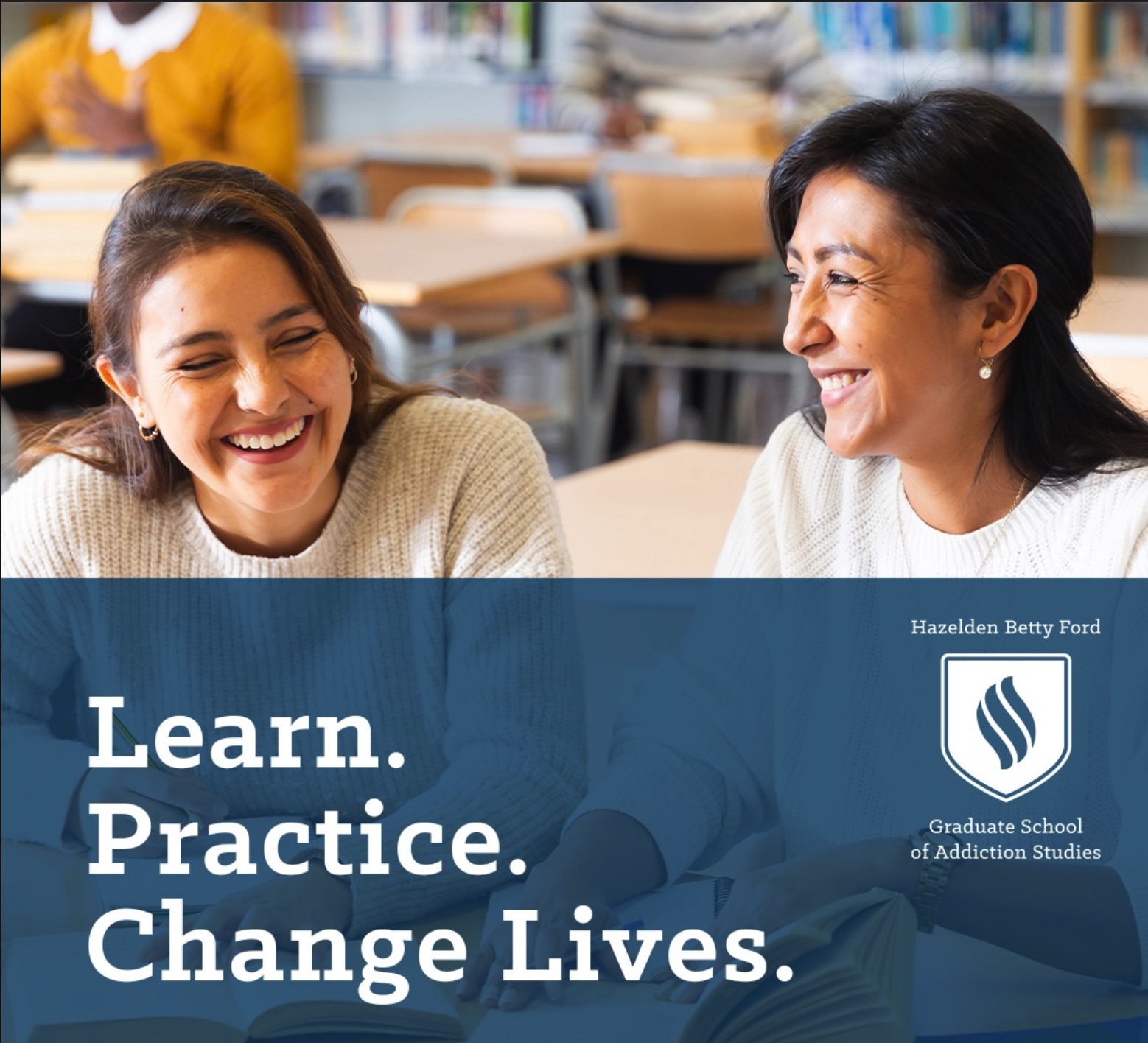
No responses yet